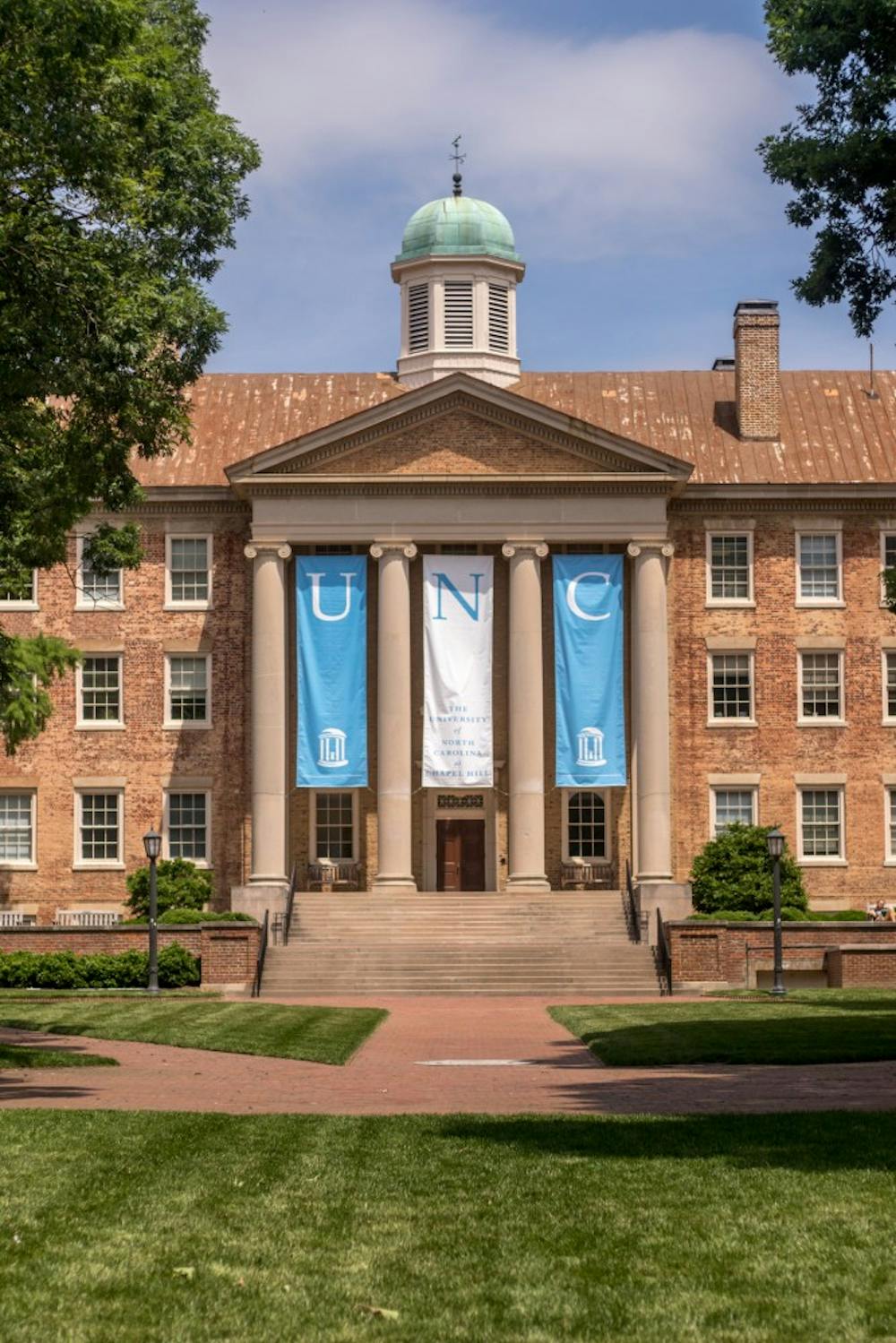The Campus Safety Commission gathered in South Building on Wednesday morning in a collaborative effort to explore and improve campus policing practices. The group is a collective of students, faculty and staff, tasked with establishing a better understanding of the safety and security needs at UNC.
“The seed that started this commission was a profound mistrust of the way in which the police acted, especially during the Silent Sam protests, and the sense that they were not answerable to anyone. No one knew when they filed a complaint, what happened to the complaint, who was investigating the complaint,” said Lawrence Grossberg, a professor in the communications department.
“There’s a profound lack of trust that the police are actually interested in protecting the interests of all the parties involved,” he said.
Many members of the commission are concerned about a disconnect between the campus community and the police, as well as the ambiguities in the campus policing process.
“They feel they can not speak out for fear of their jobs. So they welcome the commission to be their voice to address their concerns,” said a commission member.
The Campus Safety Commission, assembled by the interim chancellor, is responsible for reconciling the interests of students and campus police, bridging the gap between bodies that have been somewhat at odds in the aftermath of controversial arrests and protests on campus.
“It seems like the biggest issue for us is that our mandate is quite ambiguous,” Frank Baumgartner, a political science professor, said.
Two guest speakers joined the commission: Derek Kemp, a 26-year Navy veteran and the associate vice chancellor for campus safety and risk management, and Chris Swecker, a former FBI assistant director who was contracted by UNC as a consultant in the aftermath of Silent Sam’s destruction.
Kemp and Swecker gave breakdowns of recent campus incidents involving protests, arrests and controversy to the commission.



